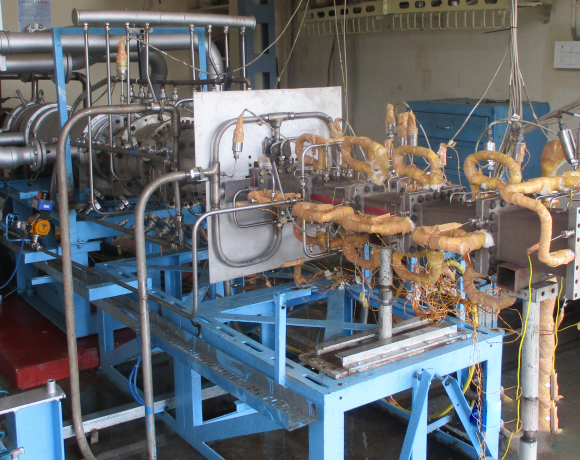
Agentic AI to Reshape Over 10 Million Jobs by 2030
A recent industry report has predicted that Agentic Artificial Intelligence (AI) will significantly transform India’s workforce, reshaping over 10.35 million jobs by 2030. At the same time, the rise of this technology is expected to create around 3 million new technology roles.
Routine Roles to See Maximum Disruption
Jobs involving routine, rule-based tasks—such as payroll clerks, records managers, and support staff—are expected to undergo the most change. These roles may either be eliminated or deeply modified as AI takes over coordination and decision-making tasks.
In contrast, new demand will rise for professionals in roles like AI system configurators, data analysts, experience designers, and digital transformation leads.
Impact Across Major Sectors
The top three sectors expected to witness large-scale AI transformation include:
- Manufacturing – approximately 8 million jobs affected
- Retail – around 7.6 million roles to be reshaped
- Education – nearly 2.5 million jobs impacted
These changes reflect how AI is moving from back-end automation to core operational roles.
AI Leaders Setting the Pace
The report highlights a group of companies dubbed “AI Pacesetters”—firms actively deploying AI at scale beyond experimental stages. These organizations show better productivity and performance and share common traits such as:
- A clear AI strategy
- Strong governance frameworks
- Talent with both domain and tech expertise
- Platform-first architecture
- Cross-team AI usage across departments
Over half of these companies have already reported measurable business improvements.
Preparing the Workforce
India’s young workforce stands at a turning point. While Agentic AI brings immense opportunity, it also poses risks of job displacement and skill mismatch. Experts stress the need for urgent investment in skilling programs and AI literacy, particularly in semi-urban and rural areas.
With the right training, strategic policy planning, and public-private partnerships, AI could become a powerful tool for growth rather than disruption.


















